Blog
Press Release: February 23, 2012
Sermon Topic: Can Christians eat meat sacrificed to idols? By Nathan Esala
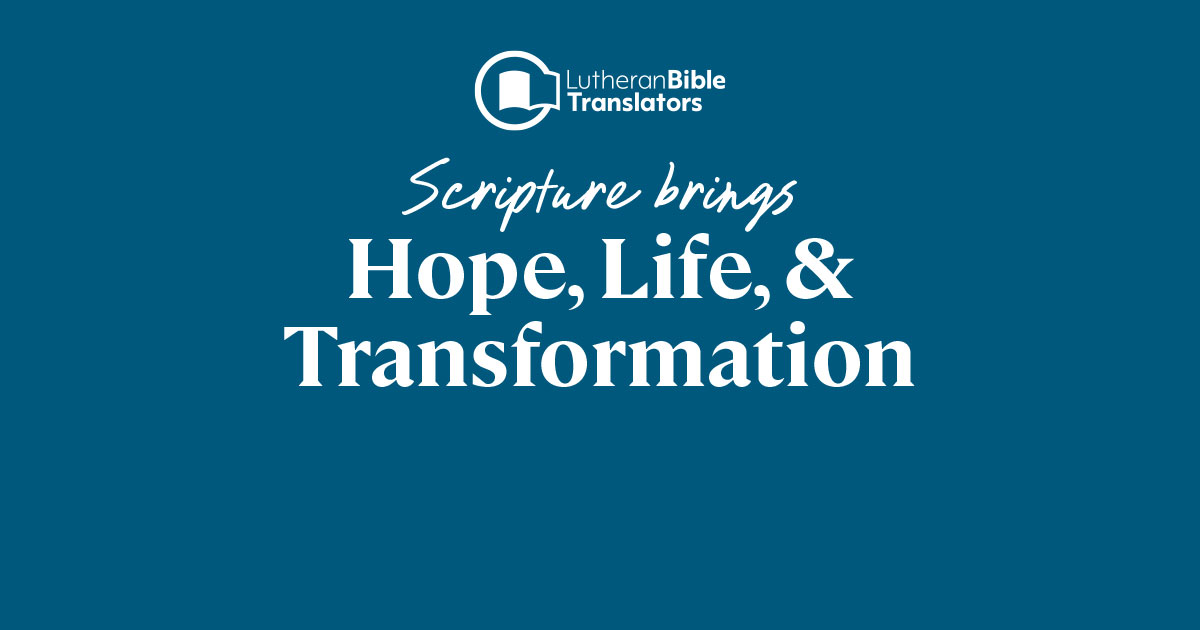
SERMON TOPIC: CAN CHRISTIANS EAT MEAT SACRIFICED TO IDOLS?
Surprised? Wasn’t this the sermon topic at your church? Well it was a hot topic here in Northern Ghana two Sundays ago when our Lutheran Service Book Lectionary called for 1 Corinthians 10:19-30 (31-11:1). First of all let me congratulate the Lectionary Commitee of the LSB for including this reading. It is not part of the Revised Common Lectionary or the Catholic Lectionary (1981 Latin and 1998 USA edition). A lectionary should include readings that are resonant for the church in the global south. This selection is one place where the global south is very much in line with the topic relevant to the apostle Paul and the Corinthian church, where the European/ North American church seems to be the odd man out.
What is Paul arguing about here? Using insights from Gordon Fee’s commentary (New International Commentary on the New Testament), I glean that first, Paul was forbidding the Corinthians from participating in the meals that followed the sacrifice of animals in pagan religion. Fee argues he does this primarily in 1 Cor 10:1-22. Secondly, Paul was drawing the line in such a way as to allow the Corinthians to eat meat sold in the marketplace (some of which or even much of which) may have originally been sacrificed to idols and the powers behind the idol.
Making this distinction is crucial in understanding Paul’s argument. Too often, Western Christians have missed the distinction between the sacrifical meal and the meat in the marketplace. This is not just for no reason. Fee argues that Paul’s second move is a nuanced move especially read in light of other common Jewish teaching at the time.Fee claims that 1 Cor. 10:26 references a common prayer the rabbis would offer before eating. However, Paul’s usage is a bit ironic in relation to some strains of rabbinic teaching because he does not advocate a thorough investigation of the origin of the meat and whether or not it was used in sacrifice and how it was killed etc. presumably in keeping with kosher laws. Instead he has a rather liberal stance saying, ‘Eat anything sold in the meat market without raising questions of conscience.’ Fee claims that Paul uses the rabbinic prayer instead to “justify eating all foods, even those forbidden by Jews, since God is the ultimate source of the food — even that sold in the macellum.”
So Paul is making a distinction between participating in the eating of sacrificial meat that is connected to the sacrificial practice. But he is allowing Christians to eat that same meat if it is sent to the marketplace and ‘re-packaged’ as meat you can now buy. However, if the Christians around you are concerned that this meat was originally sacrificed to idols, then Paul encourages to protect the other man’s conscience and abstain from eating. This is in contrast to the stark separation including marketplace food that many Rabbis promoted.
Enter the African experience in Northern Ghana. All of the above happens in at least analogous ways to what Paul described. Meat is sacrificed in someone’s home (and at times at a shrine outside the home) and offered to an idol which stands for a god, a power, or a spiritual being of some kind. Sometimes that being is connected to the fertility of the land, sometimes it is connected to one’s family line and ancestors, or is a god that has come from outside one’s family but works well for you. What has developed here is a complicated scenario where a few Christians appear to have fully taken Paul’s statement that “the earth is the Lord and everything in it”, coupled with Paul’s claim that an idol is not anything, and have concluded that they can participate freely in the eating of meat after an animal has been sacrificed as long as they do not participate in the sacrifice itself. That means, that here, it was a bit like Corinth. Christians are eating from both tables, the Lord’s, and the table belonging to the power behind the sacrifice.
Some issues that were raised in the sermon included what to do when it is your father or grandfather who has this meat and is giving it to you to eat? What if you live in the same home as your father and he is asking for you to eat? You know the idol has no power, so you go ahead and eat. Hmm. The preacher offered a warning here from Paul and 1 Cor 10:20 “the sacrifices of pagans are offered to demons, not to God, and I do not want you to be participants with demons (NIV).” How does one balance the honoring of elders, father, mothers, uncles, in a multi-religious environment especially one where family unity is so valued, and is even maintained through sacrifice? Why not enjoy meat from people who are foolish enough to sacrifice it to an idol? What if it is an easy way to feed your family?
The basic verse that the preacher kept coming back to was that not everything is beneficial for your Christian faith. And that in fact, there are things that are forbidden in the Christian life, that is participating in sacrifice. Typically eating the meat is part of the ritual and not fully distinguishable from the sacrifice itself. In our case, the preacher encouraged individuals to build their own home if necessary so they would not be tempted or compelled to participate in their father’s sacrifice. He encouraged them to buy the meat in the marketplace, without asking where it came from. That step of selling it disconnected it from its use in worship. But he was very clear in his use of Paul “You cannot drink the cup of the Lord and the cup of demons too; you cannot have a part in both the Lord’s table and the table of demons.”
Thanks again for including this one in the lectionary!
Rev. Nathan and Sarah Esala serve in Ghana on the Komba New Testament translation team. You can follow their Esalas in Mission blog to learn more about their work.

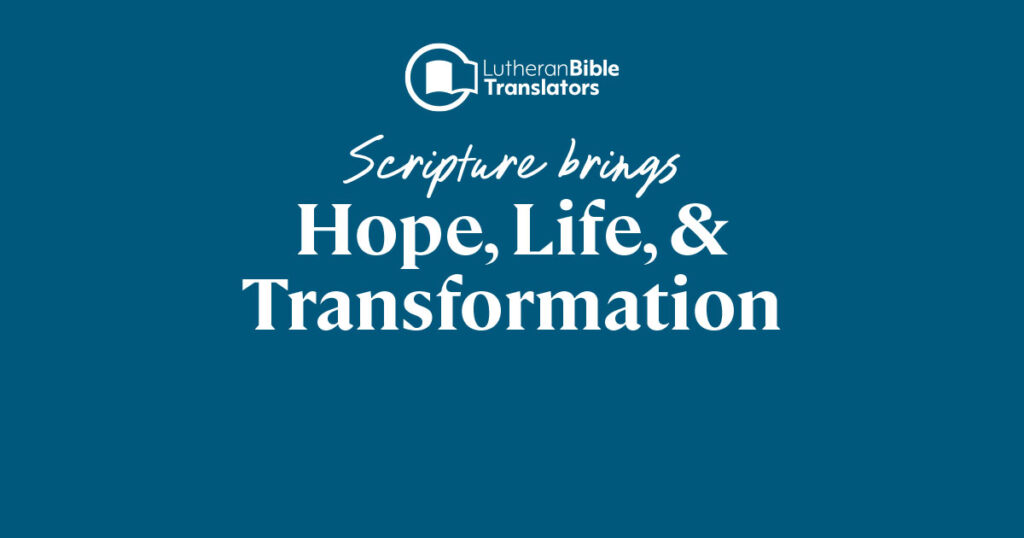

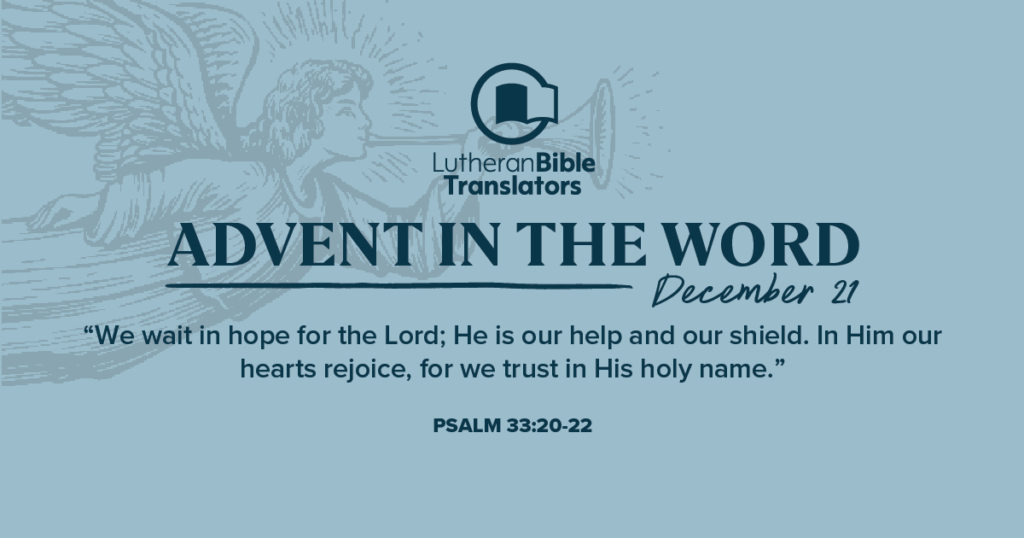
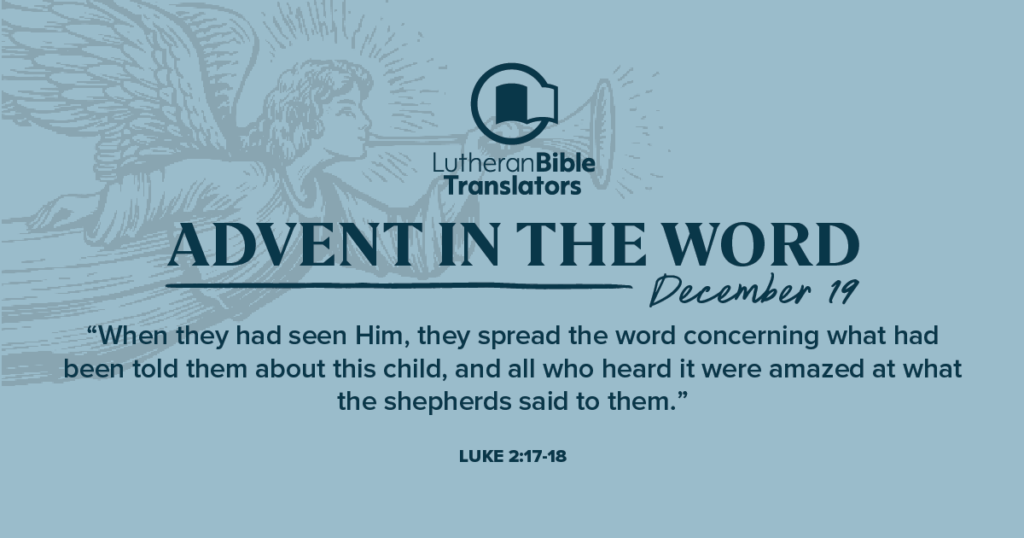
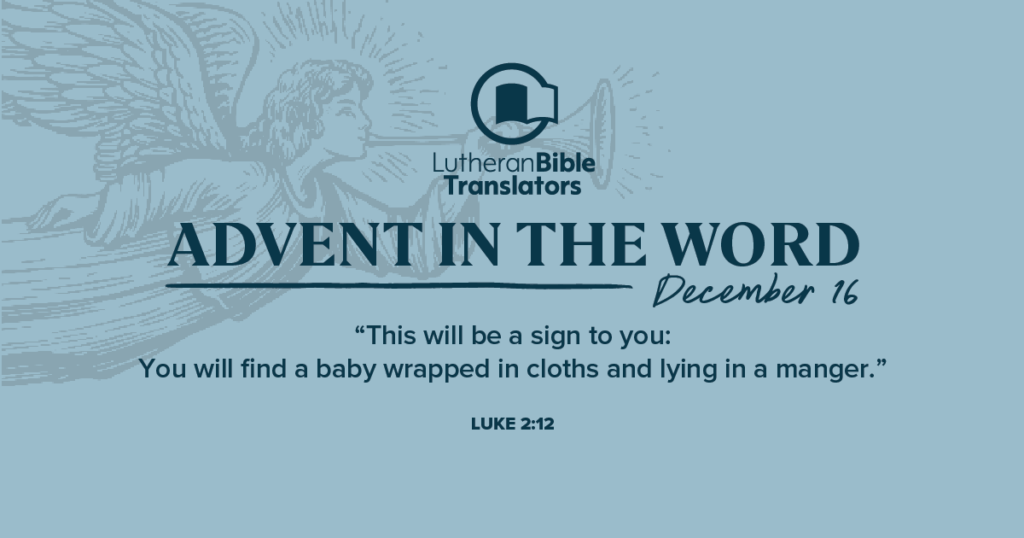
Leave a Reply
You must be logged in to post a comment.